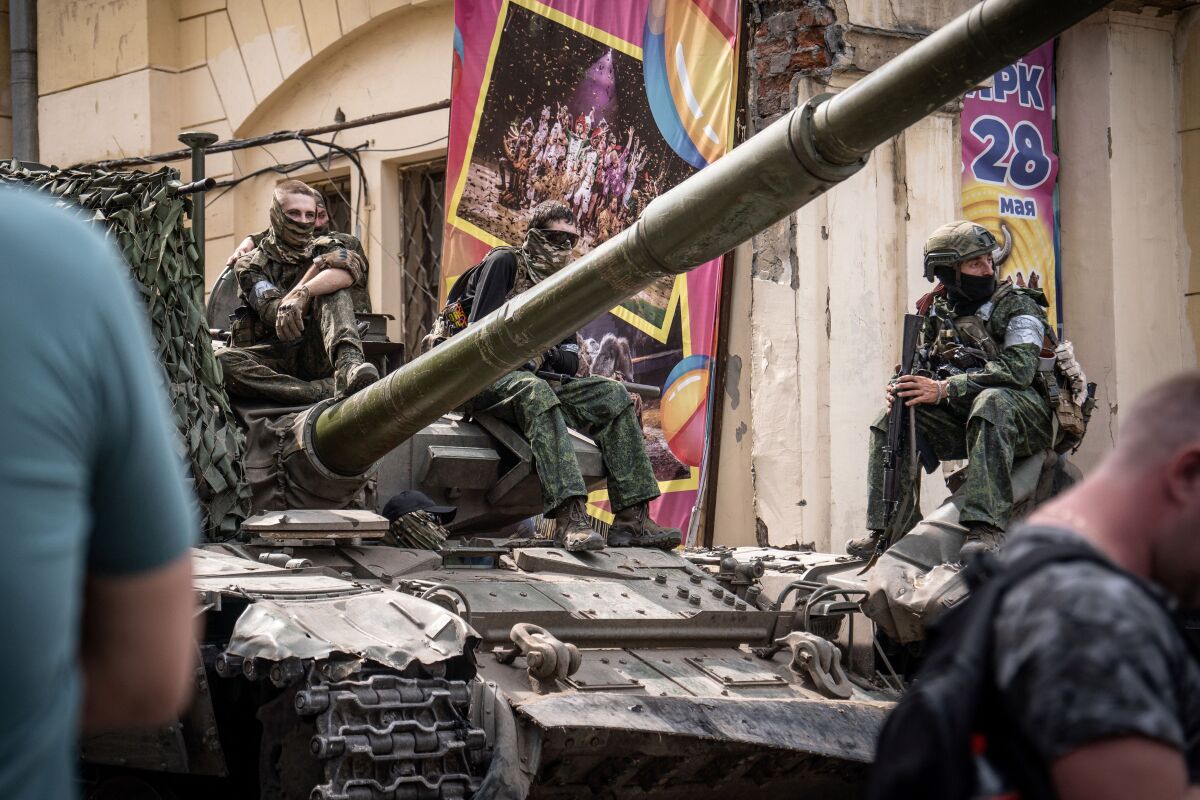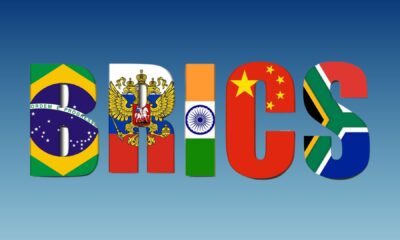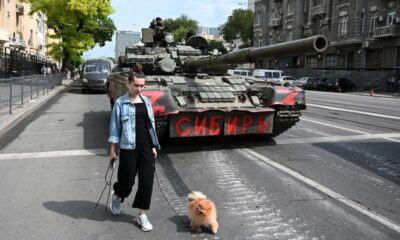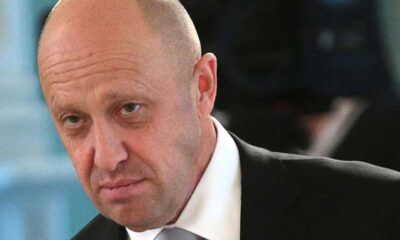Heavily armed Russian mercenaries withdrew from the southern Russian city of Rostov overnight under a deal that defused an unprecedented challenge to the authority of President Vladimir Putin and halted their rapid advance on Moscow.
Fighters of the Wagner group returned to their bases in return for guarantees for their safety and the leader, Yevgeny Prigozhin, will move to Belarus, according to the agreement mediated by Belarusian President Alexander Lukashenko.
However, the aborted mutiny raises big questions about Putin’s grip on a country he has ruled with an iron hand for more than two decades. Italy’s foreign minister said it had shattered the “myth” of Russian unity.
Putin has not made public comments since the deal was struck to de-escalate the crisis.
State television released excerpts on Sunday of an interview in which Putin said he was giving top priority to the conflict in Ukraine and was in constant contact with the defence ministry. However the interview appeared to have been recorded before the mutiny and he made no reference to Saturday’s events.
State television also said Putin would attend a meeting of Russia’s Security Council this coming week, without elaborating.
Prigozhin, 62, was seen leaving the district military headquarters in Rostov – hundreds of miles south of Moscow – late on Saturday in a sport utility vehicle. His whereabouts on Sunday were not immediately clear.
Western leaders had expressed concern over the turmoil in Russia, which has the world’s largest nuclear arsenal. On Sunday, the foreign ministry in Moscow said China – a key Putin ally – had expressed support for the Russian leadership.
China has not publicly commented on the mutiny. A senior Russian diplomat was in Beijing on Sunday for high level talks.
‘TAKE CARE OF YOURSELVES’
Prigozhin, a former Putin ally and former convict whose forces have fought the bloodiest battles of the 16-month war in Ukraine, said his decision to advance on Moscow was intended to remove corrupt and incompetent Russian commanders he blames for botching the war.
After capturing Rostov – the main rear logistical hub for Russia’s invasion of Ukraine – the mercenaries had raced hundreds of miles north in what Prigozhin called a “march for justice”, transporting tanks and armoured trucks and smashing through barricades set up to stop them, before the deal to withdraw was reached.
Videos shared on social media from Rostov overnight purportedly showed the mercenaries withdrawing in a convoy of armoured vehicles, tanks and coaches to the sound of cheers, chants of “Wagner” and celebratory gunfire from residents.
Reuters was able to verify the location of the video but not the date that it was filmed.
“Take care of yourselves,” shouted one woman.
The show of support for Wagner’s short-lived insurrection will alarm authorities in a country that is increasingly intolerant of public criticism of Putin and his rule.
Moscow was calm on Sunday, with the Red Square closed but otherwise little evidence of increased security. Monday has been declared a non-working day to allow time for things to settle.
The capital had told residents to stay indoors and deployed soldiers in preparation for the arrival of the mercenaries, who appeared to meet little pushback from the regular armed forces.
Chechen special forces who deployed to the Rostov region to resist the mercenaries’ advance were also withdrawing back to where they had been fighting in Ukraine, commander Apty Alaudinov said in a video published on Telegram.
DEAL BROKERED
Under the deal, brokered late on Saturday, Kremlin spokesman Dmitry Peskov said a criminal case opened against Prigozhin for armed mutiny would be dropped, Prigozhin would move to Belarus, and Wagner fighters who rallied to his cause would face no action, in recognition of their previous service to Russia.
Peskov said Lukashenko had offered to mediate, with Putin’s approval, because he had known Prigozhin personally for around 20 years.
In a televised address during Saturday’s drama, Putin said the rebellion put Russia’s very existence under threat, vowing to punish those behind the revolt and drawing parallels with the chaos of 1917 that had led to the Bolshevik revolution.
Peskov declined to say whether concessions were made to Prigozhin, other than guarantees of safety for him – something he said Putin gave his word to vouch for – and for Prigozhin’s men, to persuade him to withdraw all his forces.
Prigozhin has for months accused Defence Minister Sergei Shoigu and the chief of the general staff, Valery Gerasimov, of incompetence and of withholding ammunition from his fighters as they battled to take Bakhmut in Ukraine.
Wagner, whose men in Ukraine include thousands of ex-prisoners recruited from Russian jails, has grown into a sprawling international business with mining interests and fighters in Africa and the Middle East.
This month, Prigozhin defied orders to sign a contract placing his troops under Defence Ministry command. He launched the rebellion on Friday after alleging that the military had killed some of his men in an air strike. The Defence Ministry denied this.
Italy’s Foreign Minister Antonio Tajani said in an interview with Italian newspaper Il Messaggero published on Sunday that Putin created the conditions for Saturday’s insurrection by allowing Prigozhin to build up such a formidable private army.
“The myth of the unity of Putin’s Russia is over. This internal escalation divides the Russian military deployment. It’s the inevitable outcome when you support and finance a legion of mercenaries,” Tajani said.
“One thing is certain: the Russian front is weaker than yesterday. I hope that peace will now be closer”.
The revolt came just weeks into the start of Ukraine’s strongest counteroffensive drive since Moscow’s invasion in February last year.
Russian forces shelled the southern Ukrainian city of Kherson, killing one civilian man, the local governor said on Sunday.


 Forex4 weeks ago
Forex4 weeks ago
 Naira4 weeks ago
Naira4 weeks ago
 Billionaire Watch3 weeks ago
Billionaire Watch3 weeks ago



 Naira4 weeks ago
Naira4 weeks ago






 Naira3 weeks ago
Naira3 weeks ago


 Naira2 weeks ago
Naira2 weeks ago






 Naira2 weeks ago
Naira2 weeks ago


 Naira3 weeks ago
Naira3 weeks ago





















